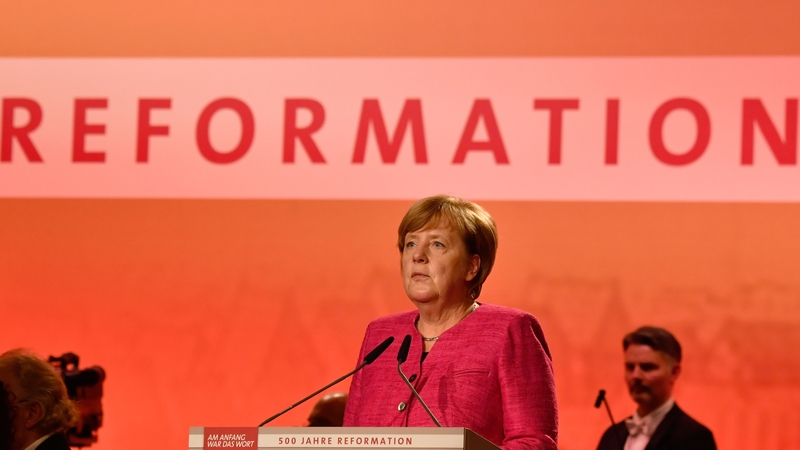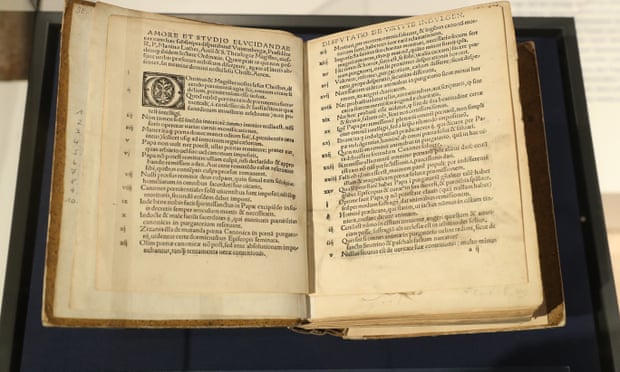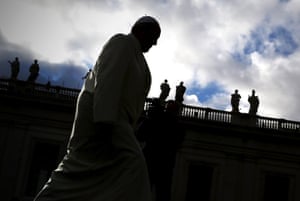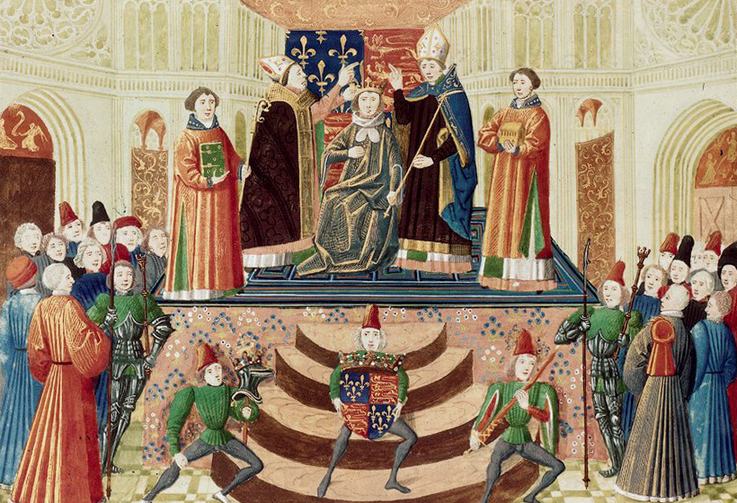Updated / Tuesday, 31 Oct 2017 20:22

Angela Merkel speaking at a ceremony in Wittenberg, scene of the first move of the Reformation
German Chancellor Angela Merkel has called for religious freedom and tolerance at a ceremony on the 500th anniversary of the Reformation in Wittenberg, where Martin Luther is said to have nailed his theses challenging Catholicism to a church door.
Ms Merkel said Germany should lend extra support to the children of refugees "who have experienced awful things."
"We have learned that tolerance is the soul of Europe," she said.
Luther argued against what he saw as abusive practices by Catholic preachers, though the reformation divided western Christianity and resulted in violence, persecution and discrimination.
Ms Merkel, the daughter of a protestant pastor, praised Luther's translation of the Bible into a standard form of written German, which she said made its teachings accessible to the population at large.
"Religious education was a fundamental concern of the reformation," she said, stressing the importance of education for everyone.
"To learn and develop skills, some children need to be given more support than others - for example when parental support is lacking. This applies too to integrating children from refugee families who have experienced and undergone awful things."
Earlier Catholic and Lutheran leaders begged forgiveness for the violence waged during the Reformation.
In a joint statement both the Vatican and Lutheran World Federation say that more unites them today than divides them.
Ms Merkel has come under fire for allowing more than one million migrants to enter Germany over the past two years - a decision that saw her conservatives bleed support to the anti-immigration Alternative for Germany (AfD) party in a national election last month.
People from different backgrounds often knew too little about each other, she said, stressing the importance of dialogue between religions.
"Just as the freedom of belief always has to be protected from religious fanaticism, so freedom of worship, on the other hand, requires that religion be protected from contempt," Ms Merkel added.
A public holiday was observed across Germany this year to honour the 500th anniversary of Reformation Day.
It is generally marked as a holiday in only a number of the country's states.
Source


























